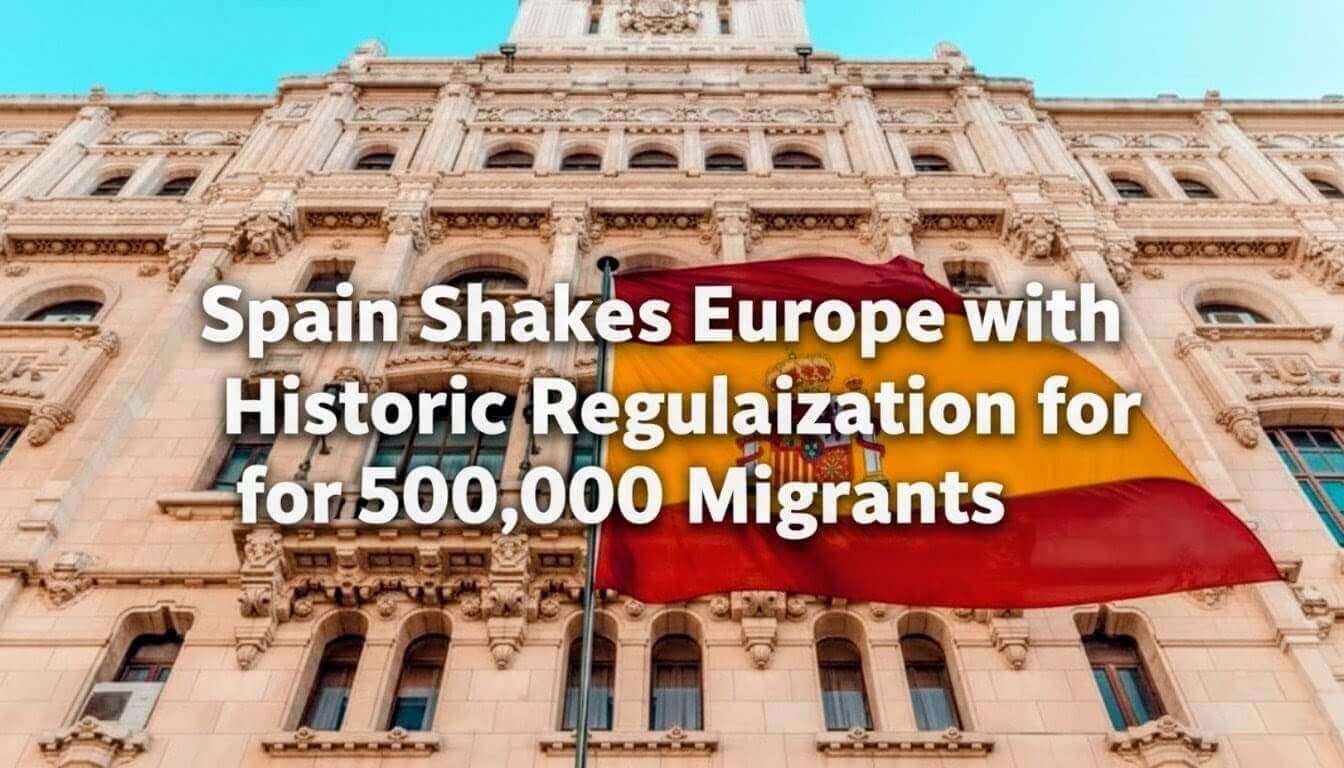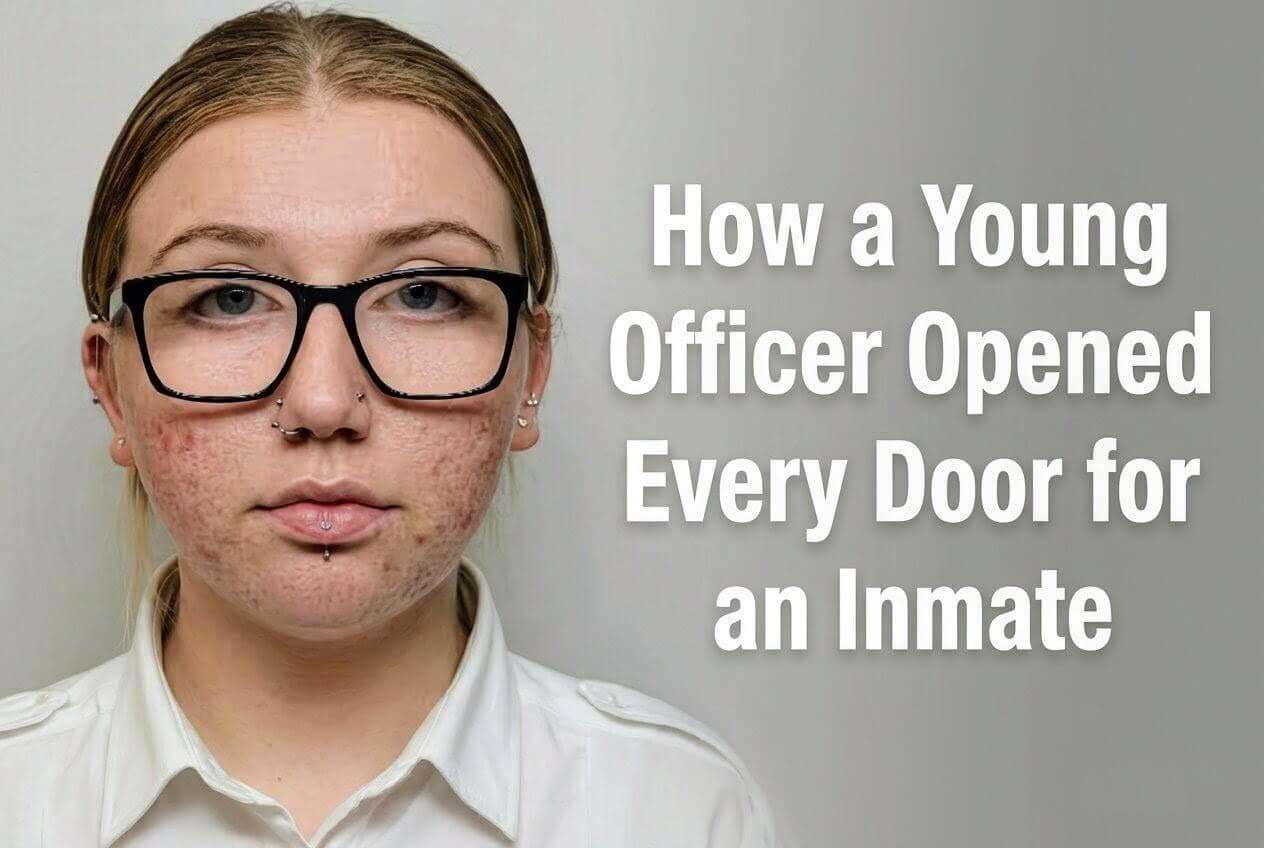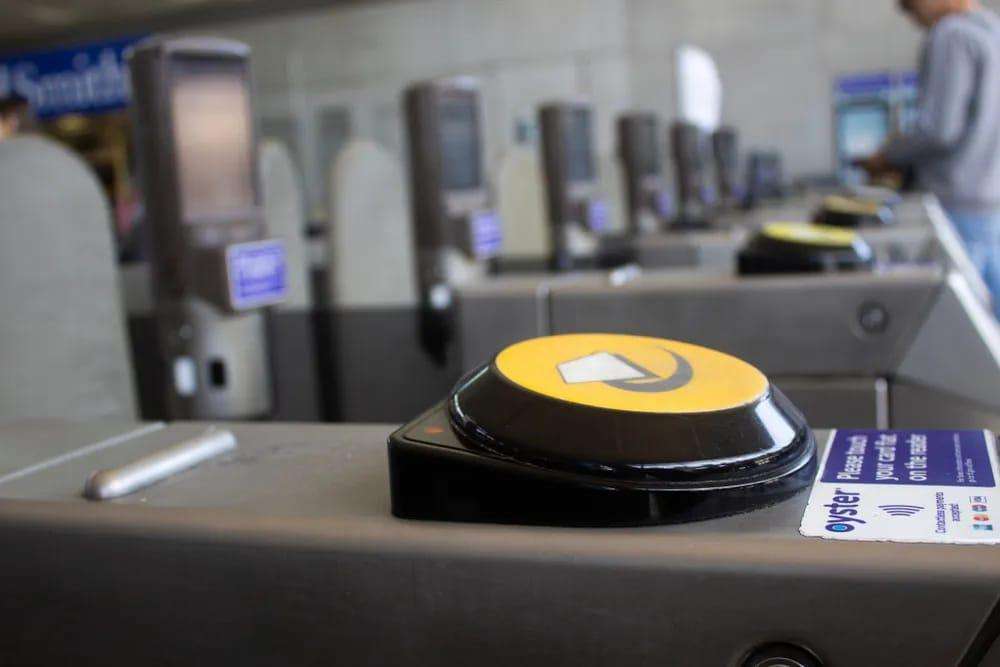MFor thousands of Muslims arriving in the United Kingdom every year, the excitement of a new beginning is often accompanied by a quiet, persistent anxiety regarding the preservation of their faith in a Western environment. The questions are universal and pressing, ranging from the availability of authentic Halal sustenance to the feasibility of maintaining daily prayers amidst a busy professional or academic schedule. However, seasoned British Muslims and community leaders offer a reassuring message to newcomers: the UK is not only accommodating but is home to one of the most vibrant and structured Islamic infrastructures in the Western world. With the right knowledge and strategic planning, maintaining a pure Islamic lifestyle here is not just possible, but spiritually rewarding.
The Legal Foundation of Confidence
The first realization for any newcomer is that the United Kingdom, particularly in metropolitan hubs like London, Birmingham, Manchester, and Glasgow, operates with a deeply ingrained respect for religious diversity. The anxieties regarding public practice are often unfounded, as the law is firmly on the side of the believer. Under the Equality Act 2010, religion is a protected characteristic, meaning that discrimination based on hijab, beards, or modest attire is illegal.
The mindset for the new arrival should therefore be one of confidence rather than apprehension. Whether negotiating prayer times as a student or requesting a quiet space for Salah as an employee, the key is to navigate local systems with politeness and professionalism. Employers are required to make reasonable adjustments for religious staff, and experience shows that a respectful, private conversation with a line manager often leads to positive accommodations.
Navigating the Halal Food Ecosystem
Perhaps the most critical concern for the immigrant community is the consumption of Halal food. In the UK, Halal is a broad term, and knowing the difference between self-labelling and independent certification is vital for those seeking peace of mind. To confirm real Halal meat and chicken, newcomers must become acquainted with the UK’s certification ecosystem. The Halal Monitoring Committee, or HMC, is widely considered the gold standard by strict observers because their inspectors monitor every stage of the supply chain and generally require non-stunned slaughter. Establishments displaying the yellow HMC sticker are widely accepted as the safest option. Conversely, the Halal Food Authority, or HFA, is common in major fast-food chains but often accepts mechanical stunning, which remains a point of theological debate for some.
Navigating mainstream British supermarkets like Tesco, Asda, and Sainsbury’s requires a different set of skills. While these retailers feature dedicated Halal meat sections, processed foods can be trickier. Newcomers are advised to look for vegetarian and vegan labels as reliable initial filters. A vegan label guarantees the absence of animal derivatives like pork gelatin, though the astute shopper must still check the ingredients list for alcohol-based flavourings such as ethanol.
The Digital Toolkit for the Modern British Muslim
To truly master life in the UK, the smartphone has become the immigrant’s most valuable asset. A suite of essential applications has emerged that effectively serves as a survival kit for the modern British Muslim.
For worship, the most indispensable tool is arguably Masjid Times. Unlike global alternatives, this app is specific to the UK and provides the exact congregation, or Jamaat, times for local mosques rather than just general prayer windows. This is crucial for connecting with the community. For personal spiritual growth, apps like Muslim Pro remain popular for Qibla direction, though privacy-focused alternatives like Pillars are gaining traction. Additionally, Tarteel utilizes artificial intelligence to listen to Quran recitation and correct mistakes in real-time, acting as a digital companion for those seeking to improve their memorization.
When it comes to food, technology offers clarity amidst the confusion. Mustakshif has become a favorite for grocery shoppers, allowing users to scan barcodes in supermarkets to instantly determine if a product is Halal, Vegetarian, or Haram. For those ordering takeaways, the Halal Now app serves as the official digital companion for the HMC, helping users locate certified butchers and restaurants nearby to ensure they avoid doubtful meat. Furthermore, the Halal Dining Club app helps foodies discover high-quality Halal restaurants across major cities. On the ethical front, the Too Good To Go app aligns perfectly with the Islamic principle of avoiding waste, or Israf, allowing users to purchase unsold food from cafes at a discount.
Financial and administrative stability is equally important. The National Zakat Foundation app allows British Muslims to calculate and distribute their Zakat specifically to families in need within the UK, fostering a strong sense of local charity. For long-term financial planning, Wahed provides a platform for ethical, Shariah-compliant investing, ensuring that savings grow without the contamination of interest, or Riba. Finally, on a practical level, the HMRC app is essential for managing tax codes and National Insurance numbers, ensuring that new arrivals stay on top of their legal and financial status.
Building a Community
Ultimately, the secret to a successful Islamic life in the UK lies in connection. Upon arrival, isolation is the biggest spiritual threat. The solution is immediate localism. By using digital maps or the Masjid Times app to identify the nearest mosque, newcomers can access community hubs that offer everything from youth clubs to weekend madrasas. For students, joining the university Islamic Society is often the first step in finding a new family that blends academic life with spiritual growth.
By utilizing these digital tools, understanding the nuances of food certification, and confidently advocating for prayer rights, a new arrival can build a life that avoids the extremes of total isolation and total assimilation. The United Kingdom offers all the necessary tools for a thriving Islamic lifestyle; it is simply up to the individual to pick them up and build their new home.







.jpg)
.svg)

.jpg)
.jpg)